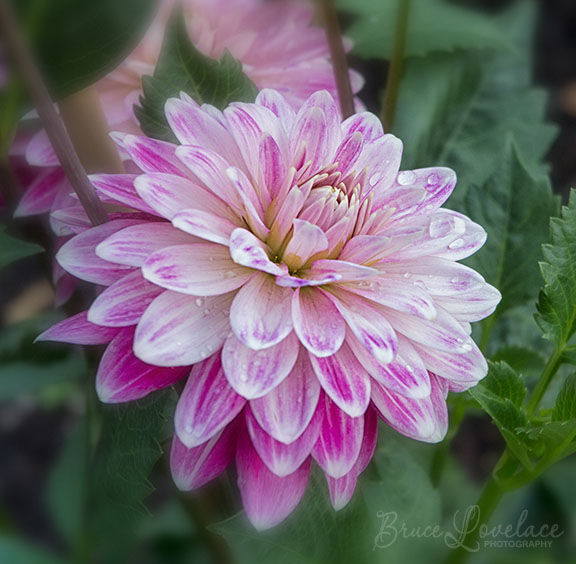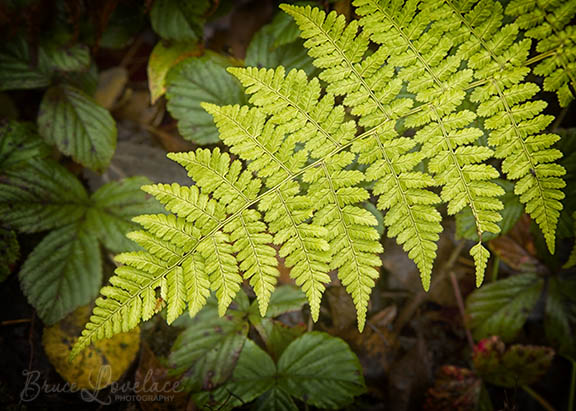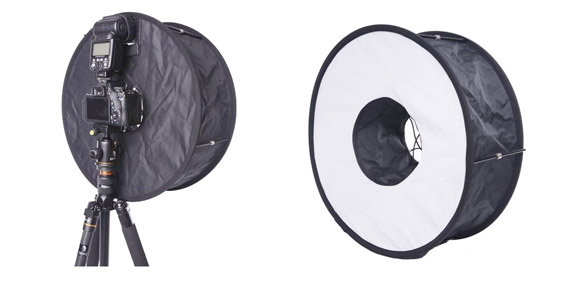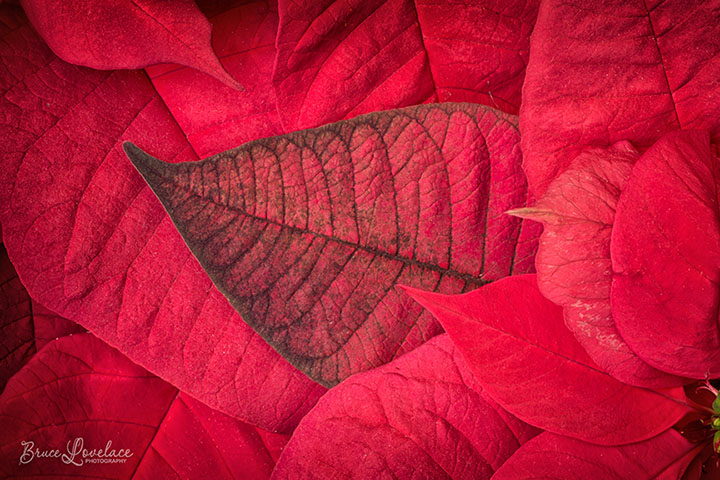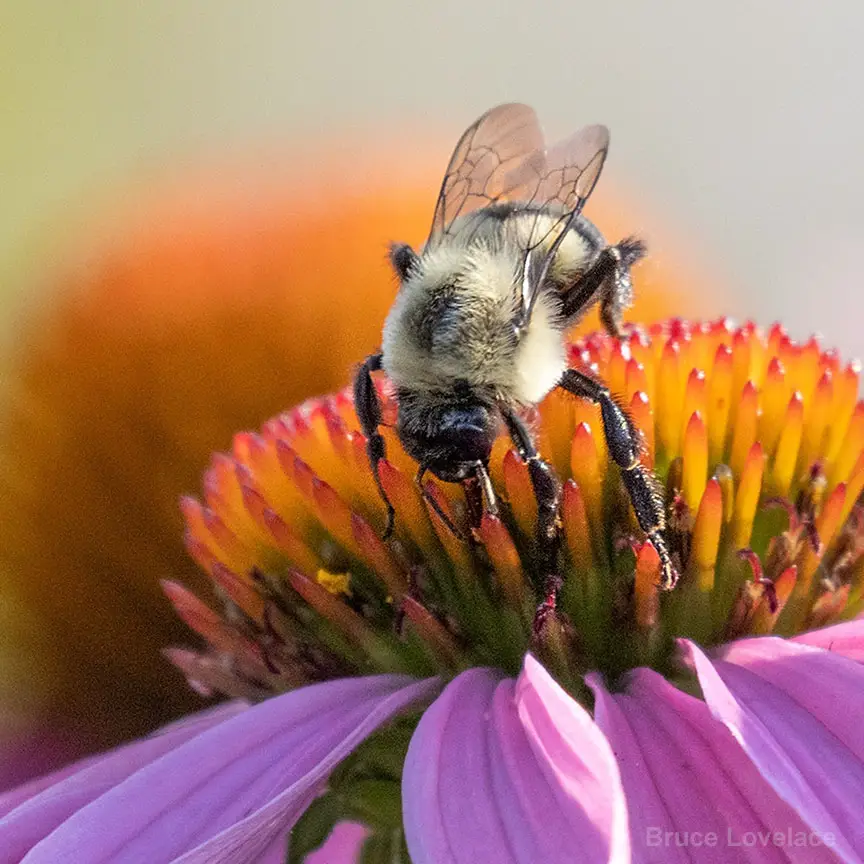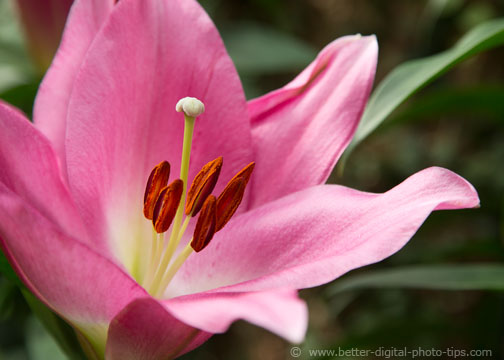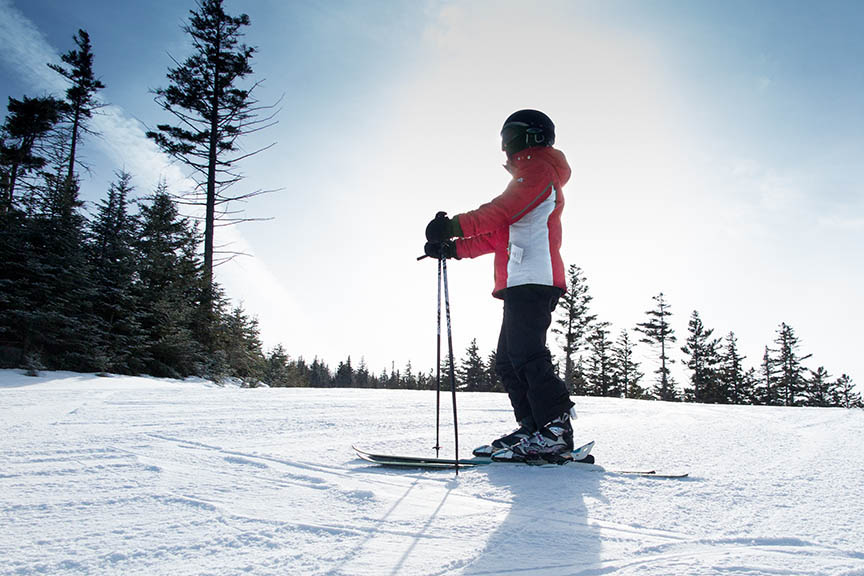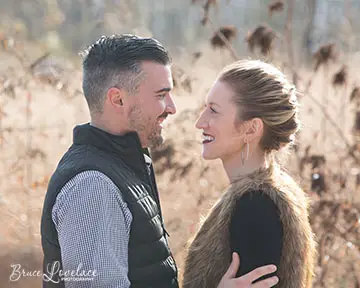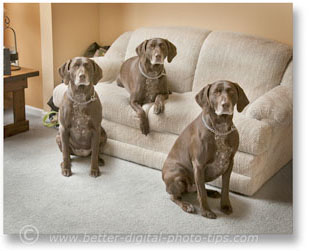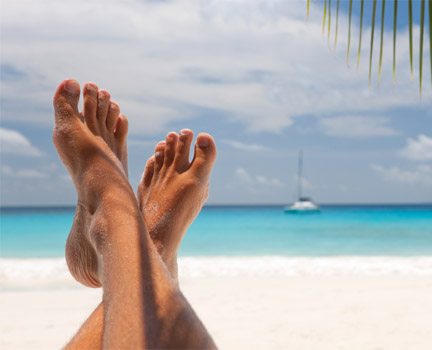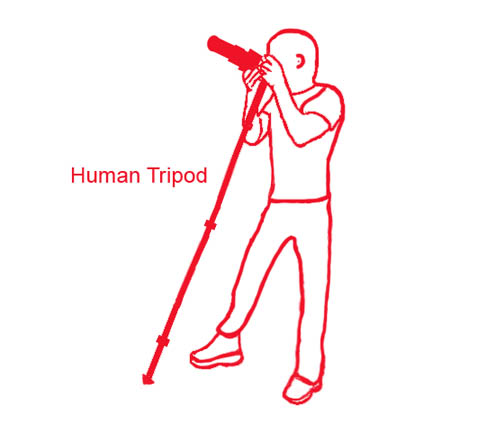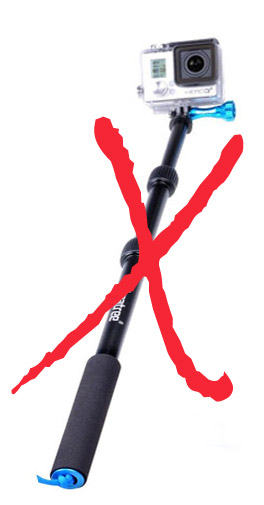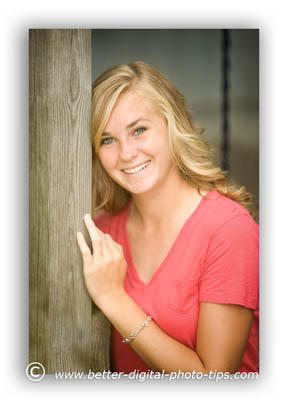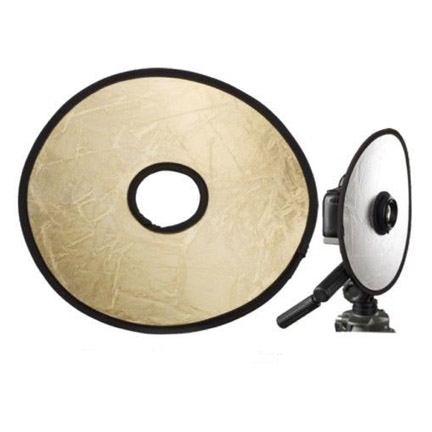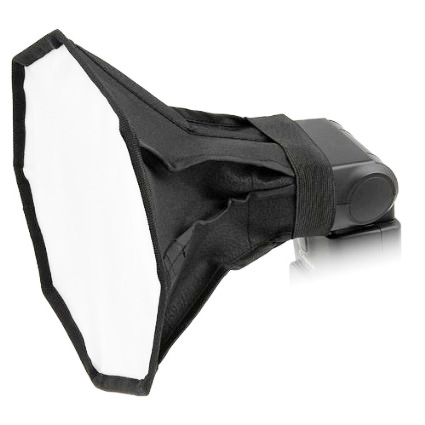HOW TO POSTS: LIGHTING AND COMPOSITION
macro lighting equipment
WRITTEN BY: BRUCE LOVELACE
UPDATED: July 20, 2024
What kind of macro lighting equipment choices are there for you and what macro lighting gear should you avoid? This post will focus on 3 common lighting equipment setups used in the world of close-ups.
Every pro photographer has opinions on macro photography lighting equipment and these are just my thoughts on macro lighting. Although the equipment we use to record photographs operates with precise mechanisms, photography is subjective and so are the reviews and assessments of its participants. My opinions on lighting equipment are also subjective and one photographer's favorite gear is another's least favorite.
Here are 3 gear choices you can use. Light your macro photography with, twin macro flash, ring light, or macro soft boxes/diffusion panels.
1. Twin Macro Flash
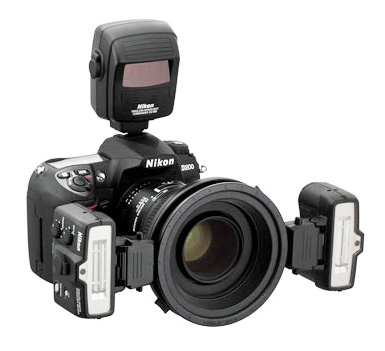 Twin Macro Flash
Twin Macro FlashTwin macro flash was extremely popular when its unique design first came into the marketplace for shooting close-ups. Smartly using your camera's hot shoe to attach the power/control unit, with twin flashes you'll get light on two sides of your close-up subject.
Using a single speedlite or flash gun affixed to your hot shoe by itself will give you dreadfully distracting shadows. Twin flashes will fire at precisely the same time with each flash splashing your subject with light and filling the shadows cast by each other.
2. Ring flash, a more versatile macro lighting equipment
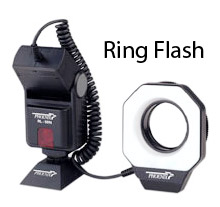
Ring macro flashes are a 2nd choice for macro lighting equipment. Ring lights are more popular and I prefer a detachable ring light over the twin light systems too. Ring flashes produce a flat, sometimes almost shadowless light. It's a subjective thin, as some photographers like the effect and some don't.
Most of us agree ring light is better than twin flash macro lighting.
Twin light systems often give you 2 sharp highlights, one on each side of your subject. I find the look of 2 main lights distracting and UN-natural looking. That's different than ring lights which give you a softer more pleasing look.
3. diffused macro lighting gear
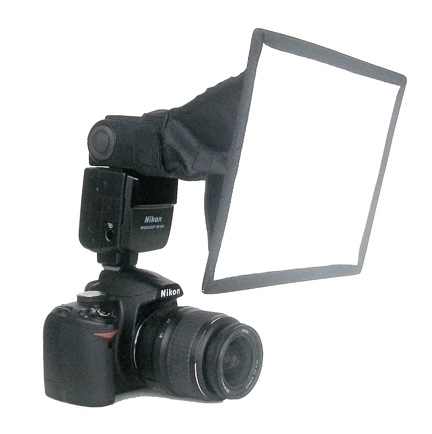 Collapsible Macro Lightbox
Collapsible Macro LightboxWhether it's a small light box like the one pictured here, or a panel that you will bounce your flash against, you have several design choices for a single shoe-mounted speedlight.
Most soft box lights are designed to strap around the head of your hot -shoe flash. There are also designs where you can strap a reflection panel onto your flash unit to broaden the light source and soften the shadows.
I choose not to use any of the three accessories above, but many macro shooters do. To get the opinions of other close-up shooters, it's smart to reader the Amazon Reviews and learn from their experiences.
combining natural light with light from flash
If you can adjust the ratio between the ambient light and the light provided by your macro lighting equipment, your macro results will be infinitely better. About 4 minutes into this video, Dave Maynard shows the difference between the right amount of fill light and too much light from the macro ring light.
This is a really well done video and it is done by a knowledgeable macro photographer. Take a minute to watch it.
He is using a somewhat diffused ring light which gives nicer results than NON-diffused direct flash. At the end of the video he shows how you can remove the ring light for a different effect that is not as flat as the light you achieve when the ring light is mounted on the lens.
Snap-on diffusers do not work well with macro photography. They are simple too small and are intended to spread the light around to walls and ceilings when doing indoor flash photography.
is flash necessary for macro photography
One of the frequently asked questions is whether flash is needed for macro photography. Yes, there are situations where flash is necessary to light your macro photography subjects. These include
1. SUBJECT MOVEMENT. Fast moving subjects will be "frozen" when lit with flash where the duration of the flash is usually between 1/500th and 1/2000th of a second.
2. SUBJECTS THAT AREN'T FLAT. When shooting macro subjects the range in distance of sharp focus is very small. Using a powerful flash will let you stop down to f/16 or f/22 and increase your range of things in sharp focus.
3. DARK CONDITONS. macro photos are often shot early in the morning or just before sunset when the air is still. Rather than raise your ISO setting and get noise in your photos, using a flash will allow you to use a low ISO setting and get great macro image quality.
What are the disadvantages of macro flash lighting
There are reasons you might not want to use flash when you light your macro photography subjects.
- SHADOWS. The twin light and direct flash on camera set-ups usually produce noticeable shadows. The darkness of the shadows depends on several factors, including the shape of the subject you're photographing, the distance to the subject, as well as the precise location and direction of the flash.
- DARK BACKGROUND. Another shortcoming of using flash too strongly is You often get a dark background behind your close-up subject. There is significantly less light on the background of the fall-off in light from the flash.
You can skip my advice if you don't mind distinct shadows in your composition. There may be instances where a pronounced shadow is not objectionable. For me, I prefer a softer looking result.
what are the advantages of using a macro light set-up with flash
Macro flash photography is great for insect photography and flower photography when you need to freeze the action. When there is a breeze that affects your subject or your subject is moving you may not be able to use a high shutter speed with the existing light.
Here are the benefits of using a twin macro light flash units
- DETAILS. You will get added sharpness and detail in your subject.
- DEPTH OF FIELD. You can get a larger range of things in focus. With more light you can shoot with a smaller lens aperture and get great depth of field.
- BLUR. You will eliminate any blur caused by from movement of your subject and your camera.
macro lighting modifiers
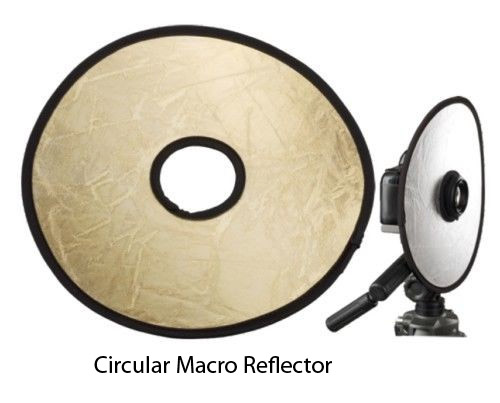
In my research for this article I came across a very unique piece of lighting equipment.
I've seen large ring lights before, often used in the fashion photography industry, but not a lighting accessory quite like this one that can be used to add fill light to your close-up subject.
This will provide a nice large reflective surface (relative to the size of your subject) to fill in the shadows that are prevalent to the view from your camera. Depending on the direction of the main light source, this gadget is flexible and can be angled to get just the right effect.
The only issue to be wary of is to use caution that you don't shake the camera at all during a long exposure while the reflector is in contact with the lens.
Here is another unique way to modify the harsh light from a speedlite and make it more suitable for macro photography. This accessory is quite large and could easily become cumbersome to work with in close-up photography.
It would work best in situations that are not at ground level. Other related topics on the Digital Photography Tips web site:
I hope you found this article on flash lighting for macro photography helpful. See the links to other related macro photography posts below my signature, or use the search box below.
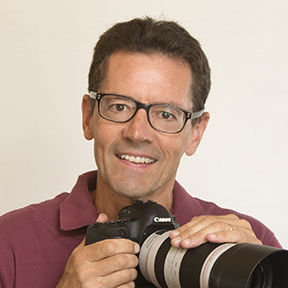
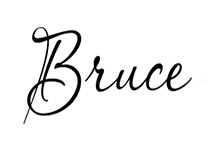
ABOUT BRUCE LOVELACE
Bruce is the publisher of this website. He is the author of the book "Improve Your Photography Instantly." Read more on Bruce on his Bio Page. He's been known as The Traveling Photographer ever since 1994. Read more about this website.
View some of Bruce's photos on Instagram. Visit the Facebook Page. Watch him on YouTube. Bruce runs photo workshops for kids and adults, and provides one-on-one photography coaching.
Digital Photography Education Location on Google My Business
